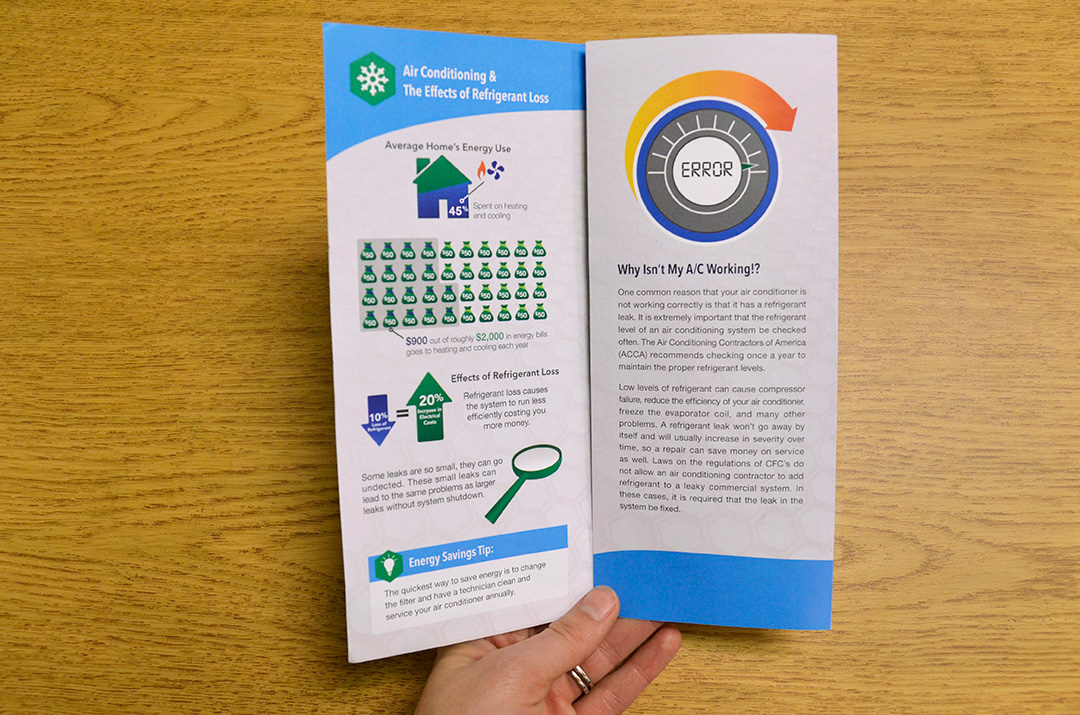When it pertains to choosing the appropriate size heat pump for your home, you need to navigate through a labyrinth of factors to consider. From the square footage of your home to the insulation quality, each factor plays a vital role in establishing the best suitable for your heating and cooling demands. However exactly how do you guarantee you make the most effective selection without overspending or underperforming? By recognizing the intricacies that go into sizing a heat pump, you can effectively optimize your home's convenience levels while maintaining energy prices in check.
Factors to Take into consideration
When choosing the best size heat pump for your home, several crucial elements should be taken into account.
First, assess the size of the location you need to warmth or cool. A larger room will certainly require a more powerful heat pump, while a smaller sized area can be appropriately serviced by a smaller device.
Second of all, think of the environment in your region. Warmer climates may require less home heating power yet even more cooling ability, while colder climates will call for a more durable home heating feature.
Furthermore, consider the insulation of your home. Well-insulated houses retain warmth better, suggesting you could require a smaller sized heatpump. On the other hand, badly protected homes will benefit from a larger device to make up for warm loss.
Last but not least, factor in the design of your home. Numerous floorings, open-concept rooms, and the variety of windows can all influence the dimension of the heat pump you need. By very carefully taking into consideration these elements, you can ensure that your heat pump effectively fulfills your home's cooling and heating requirements.
Calculating the Needed Capability
To identify the required ability for your heat pump, you need to calculate the home heating and cooling down loads of your home.
view it heating load is the quantity of heat needed to maintain your home cozy during the coldest days, while the air conditioning tons is the amount of heat your home gains on the hottest days. Elements such as the size of your home, insulation levels, variety of home windows, and environment zone all contribute in these computations.
Calculating the home heating lots entails determining the heat loss with walls, ceilings, home windows, and floorings. You can utilize software tools or consult with an expert to accurately analyze this.
For the cooling lots, aspects like solar warmth gain, air infiltration, and inner warmth resources require to be thought about.
Picking the Suitable Heat Pump Dimension
Identifying the perfect dimension for your heat pump is important to ensure reliable heating and cooling in your house. Picking Recommended Reading involves thinking about the square video footage of your home, insulation levels, environment problems, and any kind of certain heating or cooling needs. If your heatpump is as well little, it will battle to heat or cool your home successfully, causing boosted power usage and deterioration on the unit.
On the other hand, an extra-large heat pump will cycle on and off often, leading to temperature fluctuations and reduced convenience.
To pick the excellent heat pump size, it's suggested to talk to an expert heating and cooling technician. They can execute a load estimation to identify the suitable dimension based on your home's special requirements. By choosing the right size heat pump, you can optimize power efficiency, decrease operating prices, and appreciate consistent comfort throughout your home.
Conclusion
Finally, picking the best dimension heat pump for your home is important for optimal convenience and power efficiency. By considering factors like the size of your living space, insulation, and climate, you can calculate the required capability and pick the ideal heatpump dimension. Seek advice from HVAC professionals to ensure precise load computations and prevent selecting a heatpump that is too small or also huge. This will ultimately help you minimize operating costs and delight in a more comfy home atmosphere.
